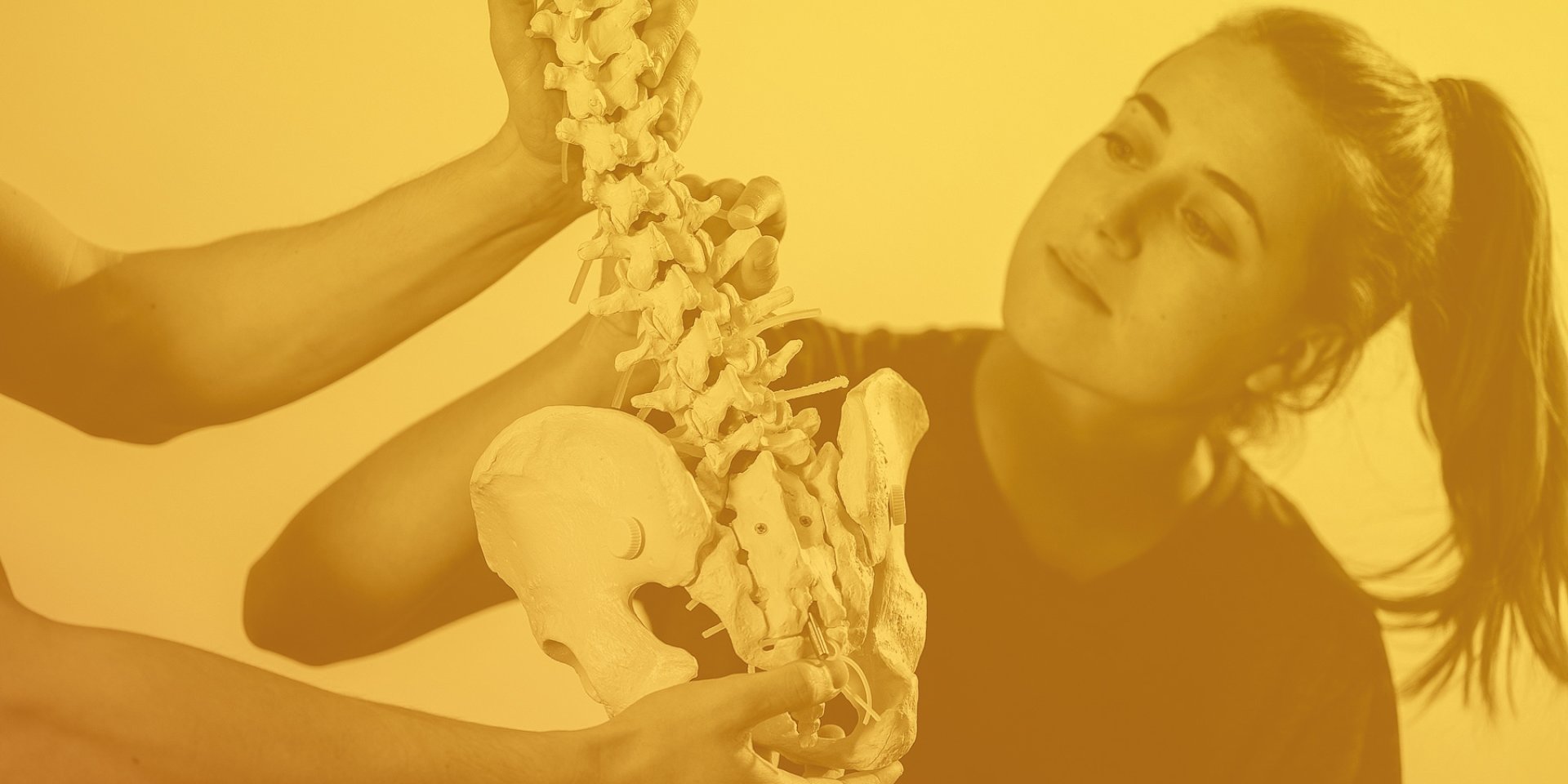ADL-Olders

In hospital setting, patient’s performance in activities of daily living (ADL) is often assessed by questionnaires (such as the Barthel Index, the Katz Index and the Functional Independence Measure) (Yang et al., 2014). An accurate measurement of functional status is important in order to develop a better patient-centred treatment plan (Elsawy & Higgins, 2011). However, current assessment tools are not sensitive enough to detect change in disability and they suffer from ceiling and floor effect (de Morton et al., 2008; Dromerick et al., 2003; Nielsen et al., 2016; Dromerick et al., 2003). It is necessary to explore new ways to assess the concept of ‘ADL performance’. There is no consensus on which instrument should be used to assess performance in ADL in older adults before and during hospitalisation.
The aim of this project is to reach a consensus among experts on tasks and subtasks to be included in a measurement instrument to assess ADL in older adults. The construct we aim to measure is the ability to perform basic activities of daily living in older adults before and during hospitalisation.
We will use the Delphi method in order to reach a consensus among clinicians with expertise in geriatrics, researchers, patients and surrogates on the tasks (e.g. take a shower) and sub-tasks (e.g. getting into the shower, washing the upper part of the body, washing the back, etc.) that should be included in the new assessment tool. More than thirty participants will be included and evaluate the relevance, comprehensibility, and comprehensiveness of the proposed sub-tasks. In total, we will conduct a total of three rounds.
The intensity and duration of care depend on the patient's progress in ADL which needs to be assessed through measurement tools. Existing measurement tools are not satisfactory and measurement properties are not sufficient. Therefore, there is an urgent need to develop a new tool which contains relevant, comprehensible, and comprehensive tasks and sub-tasks.
Dr. David Beckwée :
Dr. Jan Taeymans :
Dr Roger Hilfiker :
